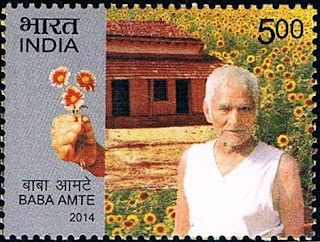A powerful earthquake struck southeastern Iran on December 26, 2003,
killing over 43,000 people, injured 20,000, left 60,000 homeless
and destroyed much of the city of Bam. The USGS National Earthquake
information center is reported a magnitude of 6.6 for the quake, which
was located just southwest of the city. About 60 percent of the
buildings in Bam were destroyed. The old quarter and a 2,000-year-old
citadel (severely damaged by the earthquake) were built primarily of mud
brick.









